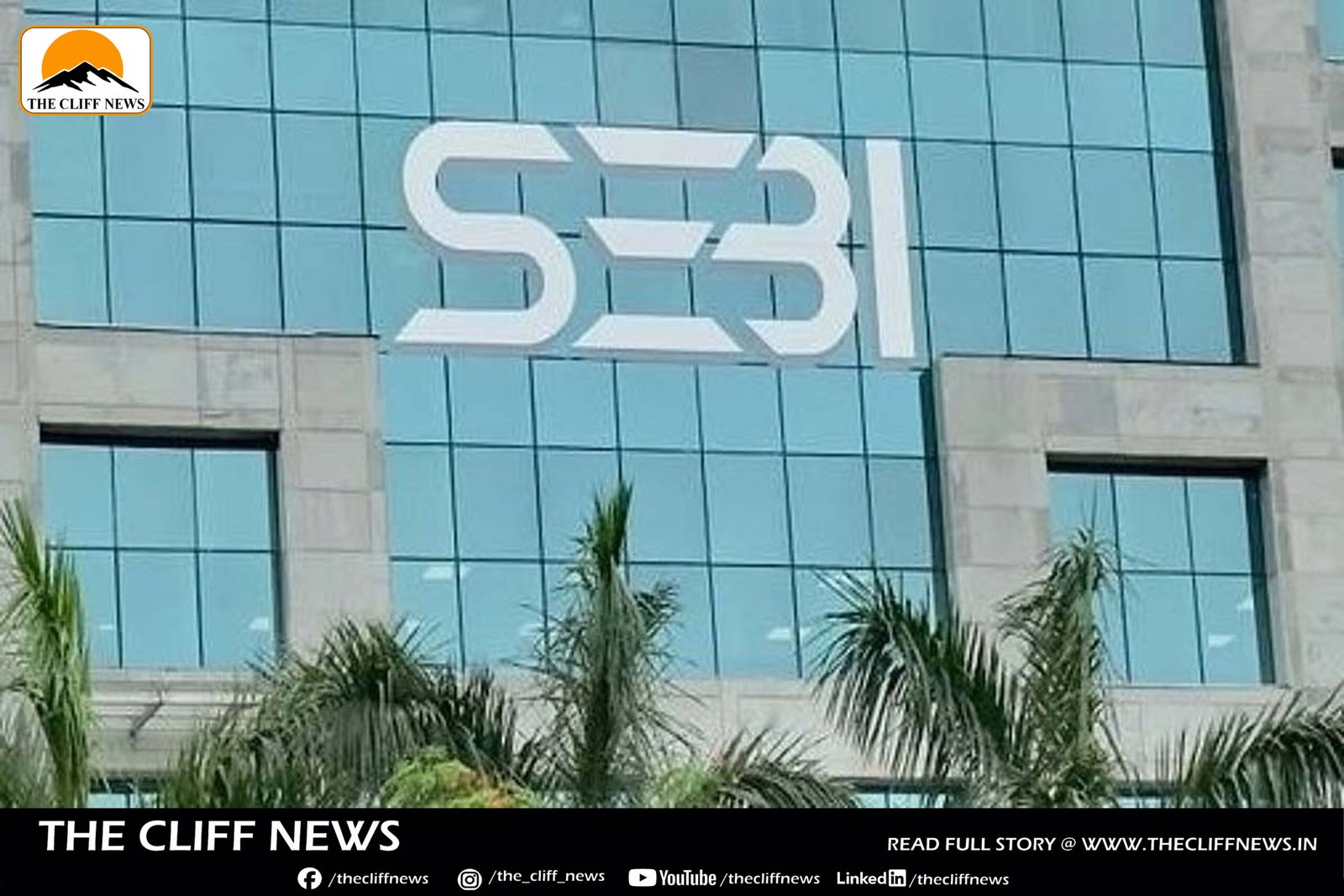The Securities and Exchange Board of India (Sebi) has imposed a ₹25 lakh penalty on the Bombay Stock Exchange (BSE) for failing to ensure equal and transparent access to corporate disclosures and for not taking disciplinary action against brokers repeatedly modifying client trade codes. The order follows an extensive inspection conducted between February 2021 and September 2022.
Breach of Disclosure Norms
According to Sebi’s 45-page order, BSE’s system architecture allowed paid clients and its internal Listing Compliance Monitoring (LCM) team to access price-sensitive corporate announcements before they were made public on the exchange’s website. This created an unfair information advantage, violating the principle of equal access that underpins market integrity.
Sebi found that BSE failed to comply with Regulation 39(3) of the SECC Regulations, 2018, which requires stock exchanges to ensure fair, transparent, and equal access to all stakeholders. It also noted the absence of a Really Simple Syndication (RSS) feed, a standard tool that could have helped disseminate corporate disclosures uniformly in real-time.
Though BSE later introduced a time-gap mechanism to mitigate the issue, Sebi observed that this corrective measure was implemented only after lapses were pointed out during inspection.
Negligence in Monitoring Client Code Modifications
Sebi also flagged serious lapses in BSE’s oversight of client code modifications, which are only permitted in genuine cases such as clerical errors. The exchange, however, failed to take disciplinary action against brokers with frequent modifications and did not effectively monitor ‘error accounts’ — a loophole that could be exploited for unethical trading practices, especially between unrelated institutional clients.
Sebi’s Statement on BSE’s Responsibilities
Sebi’s Quasi-Judicial Authority Santosh Shukla emphasized the critical role stock exchanges play as the first layer of market oversight, particularly when handling material price-sensitive information.
“As a premier recognised stock exchange, BSE must have internal controls to manage and handle corporate announcements in compliance with its obligations,” Shukla stated.
He further noted that the early access to disclosures by internal teams and select clients impaired the impartiality and fairness expected from a frontline market regulator like the BSE. Additionally, BSE displayed “laxity and negligence” in enforcing norms related to trade code modifications.
Impact and Implications
This order marks a significant step in Sebi’s ongoing efforts to tighten corporate governance and prevent information asymmetry in Indian capital markets. It also serves as a warning to other exchanges and intermediaries about the need for robust internal systems and proactive compliance to uphold investor trust.



